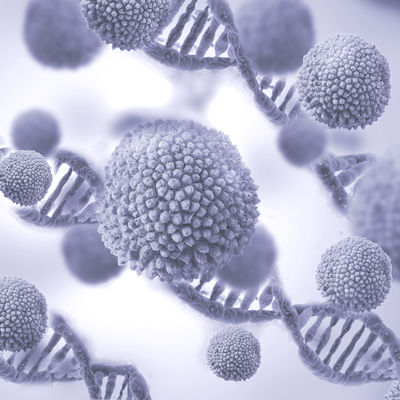May 10, 2022 -- Dr. Niroshana Anandasabapathy and fellow researchers at Weill Cornell Medicine have published a study in Cancer Cell revealing a novel insight on the role of T cells in cancer therapies. The study focused on comparing the differences in behaviors of T cells in immunotherapy for metastatic melanoma to treatment outcomes. Anandasabapathy's study revealed the presence of a varying activation response in T cells that correlates with patient survival outcomes.
Specifically, the study found that T cells which failed to progress past the early activation stage resulted in poorer health outcomes for cancer patients. On the other hand, T cells that expanded into memory T cells provided better clinical responses for patients. This unique finding challenges the previous assumption that clinical failures in T-cell therapy were due to the exhaustion of T cells. This assumption often prompted the use of immune checkpoint blockade therapy. However, this treatment method has historically demonstrated inconsistent efficacy in some patients.
By studying a series of genetic markers alongside various genomic analysis strategies, Anandasabapathy and her collaborators were able to newly categorize T cells based on their development trajectories. As a result of these new categories, the researchers found that immune checkpoint blockade was successful in the T cells that matured into long-lasting memory T cells.
In addition to T-cell identification, the study investigators are also researching methods to induce the maturation of T cells into memory T cells. Furthermore, the study results show that this same T-cell maturation difference likely contributes to patients' outcomes for T-cell therapies in kidney, prostate, bladder, and liver cancers.
Copyright © 2022 scienceboard.net







